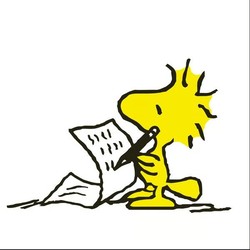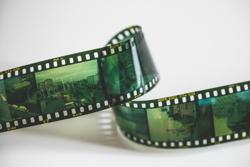Still very cool though, even if it’s more of a ‘vibe’ thing than something more explicitly theoretical/philosophical or whatever.
A neighbour of mine is a children’s book editor, at one point I asked them what they were working on, and they told me about a book going to print that, in the big moments, has pages that unfold to match the size and intensity of the character’s emotions. I thought that was pretty awesome as well, really interesting use of the format.
Which, I dunno, thinking more as I’m typing this - in some ways what Coogler was doing there still fits in with a reading of Fanon, who of course was also a psychoanalyst.
Like, the big moments expanding the screen, becoming an even more visceral experience, while also, due to the ratio shift, inviting the viewer to think not just about what’s being shown but how - intentional or not, I think it does speak to something about the way we process things on multiple levels, how we create memories, how we create links to the past and future, what it means to be free … even if it only spoke to those things tangentially.
At the same time, this could all be motivated reasoning on my part though, protect my own ego via protecting my pet theory ;)




Yes! So many similar thoughts here - plus the vampire metaphor of drinking people’s blood … and the long discussion about inviting the vampire into their space almost seems like a comment on civility politics maybe?
And yeah as you say, the loss of identity and thereby a loss of connection to the past and future, due to an extractive and homogenizing mode of integration.
To me (and again, my understanding of Fanon is SUPER limited so I could be getting this entirely wrong!) this seems like it draws on Fanon’s critique of Hegel’s master-slave dialectic, where true recognition of the oppressed in the master’s/colonizer’s system is impossible due to racial politics, and the only viable option is the overthrow of that system.
The other bit that stuck with me was the part about having been truly free during those evening hours - where there really did appear to be mutual recognition of each other’s personhood, even the wooden nickels were ultimately accepted as a worthy substitute to the US Dollars that Stack would have initially preferred.